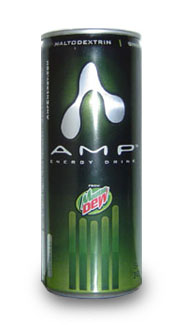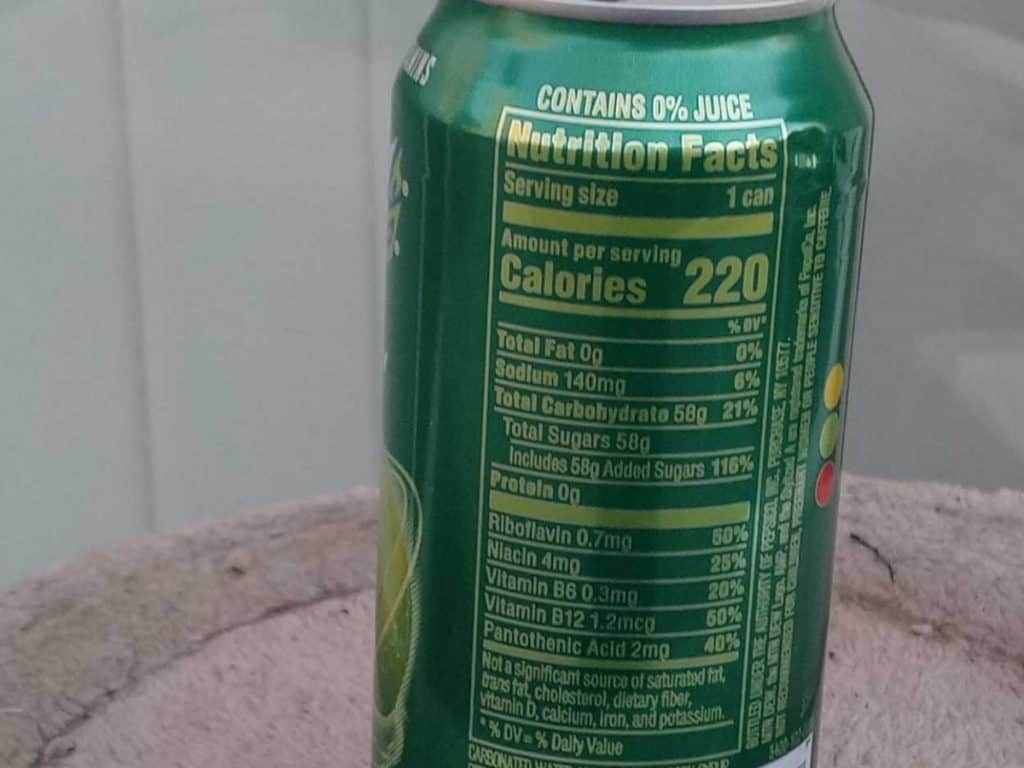

They eventually made a full physical recovery. In 2015, two students at Northumbria University, were were left fighting for their lives after they were accidentally given the equivalent of 300 cups of coffee in a botched experiment. In 2011, 14-year-old US schoolgirl Anais Fournier, who had a pre-existing heart condition, died after drinking two cans of Monster energy drink, containing a total of 480mg of caffeine. The American Academy of Pediatrics discourages the consumption of caffeine and other stimulants by children and teenagers.Ĭaffeine has been linked to previous deaths, although the cases are few and far between and the link not always clear-cut. The EFSA says 200mg a day is safe for women who are pregnant or breastfeeding and that single doses of up to 200mg do not give rise to safety concerns. The US Food and Drug Administration and European Food Safety Authority (EFSA) both say that caffeine consumption of up to 400mg a day – about four or five coffees – is believed to be safe for adults. The particular energy drink Davis drank was not known but a witness said it was from a container the size of a large soft drink.Īccording to, a McDonald’s latte has 142 milligrams of caffeine, a 20-ounce Mountain Dew has 90mg, and a 16-ounce energy drink can have as much as 240mg. “We believe people need to pay attention to their caffeine intake and how they do it, just as they do with alcohol or cigarettes.” “We’re not trying to speak out totally against caffeine,” said Watts. “We’re not saying that it was the total amount of caffeine in the system, it was just the way that it was ingested over that short period of time.”ĭavis weighed about 90kg but would not have been considered morbidly obese, according to Watts, who added that he would have been unharmed by the same amount of caffeine on another day.

“This is not a caffeine overdose,” said Watts. He added that the teenager was considered healthy and the autopsy showed no sign of an existing undiagnosed heart condition. The findings were presented at the American Heart Association's Epidemiology and Prevention conference.Doctors said Davis died from a “caffeine-induced cardiac event causing a probable arrhythmia”, according to Watts. ' People with health concerns or those who are older might have more heart-related side effects from energy drinks.' 'Since energy drinks also contain caffeine, people who do not normally drink much caffeine might have an exaggerated increase in blood pressure. 'Patients with high blood pressures or long QT syndrome should use caution and judgment before consuming an energy drink. The researchers also found that the systolic blood pressure, the top number in a blood pressure reading, increased an average of 3.5 points in a pool of 132 participants.ĭoctors have warned the drinks may disturb the heart's natural rhythmĭr Shah added: 'The correlation between energy drinks and increased systolic blood pressure is convincing and concerning, and more studies are needed to assess the impact on the heart rhythm. The finding that energy drinks could prolong the QT, in light of the reports of sudden cardiac death, warrants further investigation.'

'QT prolongation is associated with life-threatening arrhythmias. Lead author Doctor Sachin Shah, assistant professor at University of the Pacific in the United States, said: 'Doctors are generally concerned if patients experience an additional 30 milliseconds in their QT interval from baseline. The QT interval describes a segment of the heart's rhythm on an electrocardiogram when prolonged, it can cause serious irregular heartbeats or sudden cardiac death. They found that the QT interval was 10 milliseconds longer for those who had consumed the energy drinks. In the first part of the pooled analysis, the researchers examined the QT interval - a segment of the heart's rhythm - of 93 people who had just consumed one to three cans of energy drinks.

The pooled studies included healthy patients, aged 18 to 45.


 0 kommentar(er)
0 kommentar(er)
